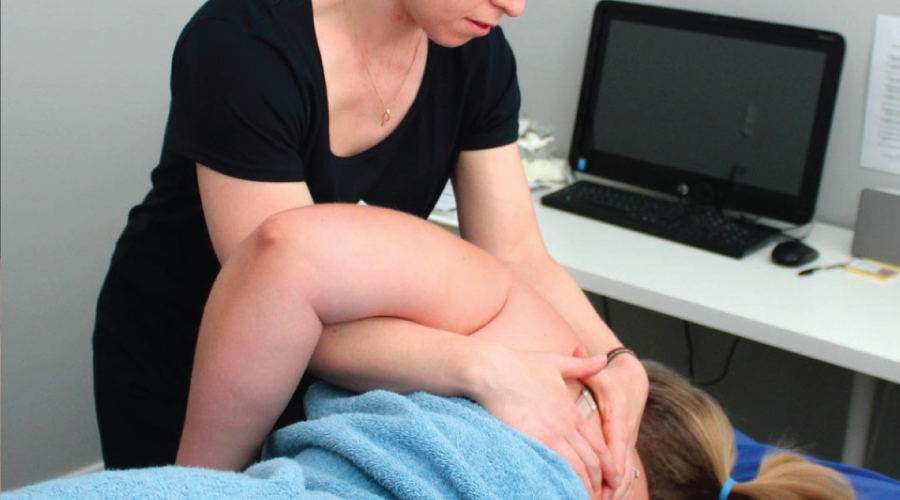Regular health checks can help with the early detection of illness or disease.
Here is a quick guide to what health checks you need and when:
- Cervical screening test: This has replaced the Pap smear as the standard screening test to detect cervical cancer. Every five years from age 25 to 74. Screening starts two years after you were first sexually active.
- Breast health: Early detection of breast cancer increases the chances of treatment success. It is important to conduct a monthly self-examination. Get to know the normal look and feel of your breasts and speak to your GP if you notice any unusual changes. A breast cancer screening mammogram should be performed every two years from age 50 to 74. Women with a higher risk or family history of breast cancer may need to screen earlier / more often.
- Bone health: Once a year from age 45 or post-menopause. Depending on bone health and risk of fracture or osteoporosis, your GP may suggest a bone density scan (DEXA) every two years.
- Heart health check: At least every two years from age 45 (age 35 for Aboriginal and Torres Strait Islander women).
- Blood pressure check: Every two years from age 18, or more often if at increased risk.
- Cholesterol check: Every five years from age 45 (age 35 for Aboriginal or Torres Strait Islander women), or earlier / more frequently depending on family history and personal risk factors.
- Bowel cancer screening: Bowel cancer is common, and if detected early has a good recovery rate. A test is recommended every two years from age 50. This can be done at home with an easy-to-use self-test kit. Women at higher risk may need to screen more often and with other tests.
- STI screening: for sexually active women of all ages, speak to your GP about how often to screen for sexually transmissible infections (STIs). Women under 30 may need screening at least once a year.
- Mental and emotional health: If you are experiencing symptoms such as intense sadness, irritability, fatigue, anxiety; have had changes to your eating or sleeping habits; or have any other mental health concerns, speak to your GP as soon as you can.
Women’s Health Week is a reminder to make your physical and emotional health and well-being a priority. If your health checks are not up to date, make an appointment to see your GP today.
For more information:
https://www.womenshealthweek.com.au/the-week/
https://www.jeanhailes.org.au/health-a-z


